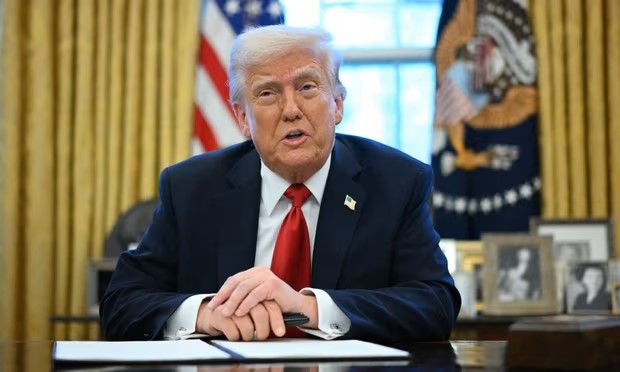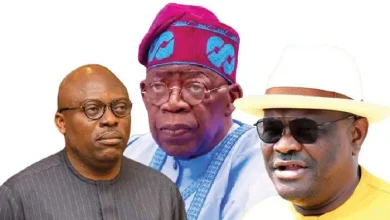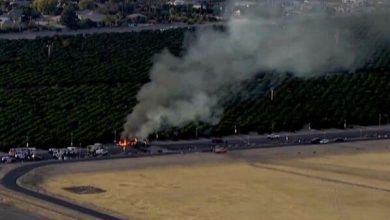Federal Judge Partially Halts Trump’s Controversial Election Reform Order

In a significant legal blow to President Donald Trump’s election overhaul ambitions, a federal judge on Thursday issued a partial injunction against a key component of his latest executive order, blocking a controversial requirement that would have forced voters to present proof of U.S. citizenship when registering at the state level.
The ruling, handed down by Judge Colleen Kollar-Kotelly of the U.S. District Court, marks one of the most consequential judicial rebukes to Trump’s sweeping effort to reshape American voting laws since returning to office in January.
Signed in late March, Trump’s executive order sought to tighten election procedures nationwide—particularly targeting mail-in voting, a method he has long denounced as vulnerable to fraud, despite no credible evidence supporting those claims.
The legal challenge, spearheaded by the Democratic Party and several voting rights groups, swiftly followed the order’s release. In her 120-page ruling, Judge Kollar-Kotelly sided with the plaintiffs, emphasizing that the Constitution delegates control over federal elections to Congress and the individual states—not the executive branch.
“On the merits, the plaintiffs are substantially likely to prevail,” she wrote. “Our Constitution entrusts Congress and the States — not the President — with the authority to regulate federal elections.”
However, the judge allowed other portions of the executive order to remain intact for now, including a directive that states set mail-in ballot deadlines that align with the close of polls on Election Day.
At the heart of the court’s objection lies a fundamental constitutional principle: separation of powers. Legal scholars argue Trump’s move to tie federal election funding to compliance with new voter ID standards was an overreach of executive power.
“This is a dangerous attempt to centralize control over elections in the White House,” said Richard Hasen, an election law expert at UCLA. “It’s an executive power grab that threatens to disenfranchise millions of voters—especially in states that have historically relied on less burdensome voter verification methods.”
While U.S. citizenship is a legal requirement to vote in federal elections, states vary in how they confirm voter eligibility. Many rely on data cross-checks, affidavits, or other indirect methods instead of physical documentation.
This ruling is the latest in a series of legal obstacles faced by Trump since his return to the Oval Office on January 20. His administration has already been blocked from withholding federal funds from “sanctuary cities” that provide protections to undocumented migrants—another hallmark of his second-term agenda.
Though Trump has yet to acknowledge his 2020 defeat to Joe Biden, he has continued to amplify unsubstantiated claims of widespread voter fraud—a narrative that underpins many of his proposed reforms.
With the 2026 midterm elections on the horizon and public confidence in electoral integrity hanging in the balance, this legal decision could set a critical precedent for future power struggles between state, federal, and executive authority over voting rights.
For now, the White House has not issued an official response. But political analysts expect the administration to appeal, setting the stage for a high-stakes battle that could ultimately land at the U.S. Supreme Court.





